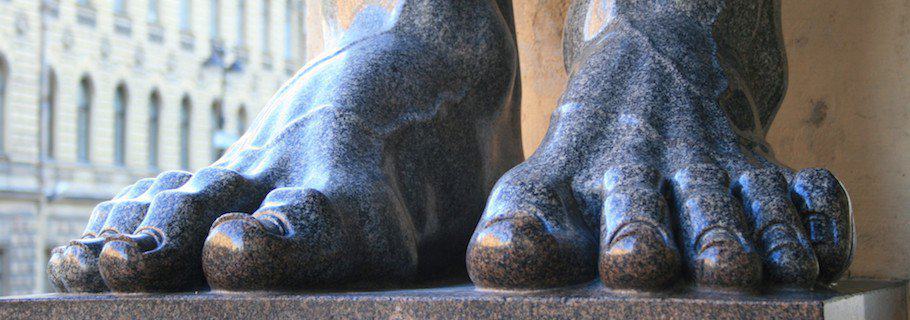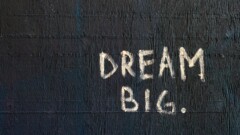There was a time, and it was not so very long ago, that we wanted heroes who were flawless. We would look to the past to find people who had an outsized impact on our world and prepare biographies tipped well in the direction of hagiography. We might read a thousand or two thousand pages on a great statesman or theologian and never encounter more than a cursory examination of their shortcomings. Even if we did, those flaws might be brushed aside as mere peripheral information, for we defined our heroes by their accomplishments. There wasn’t much we wanted or needed to know about their flaws and foibles, their sins and transgressions. Any failings we encountered were interpreted in light of their successes. It was the successes that loomed large in our memories and imaginations.
Today we seem to have drifted in a very different direction. We look to the past to find people who had an outsized impact on our world and write biographies tipped far, far away from hagiography. These accounts of their lives may well discuss accomplishments, but they will focus equally on failings. If we used to demand hagiography, perhaps we now demand hagioclasm, biographies that smash and cut down our historical figures. We want to know everything we can about their flaws and foibles, their sins and transgressions. Any successes we encounter are interpreted in light of their failures. It is the failures that loom large in our memories and imaginations.
The problem is, of course, that history is rarely so neat and tidy because people are never so neat and tidy. Unless our subject is Jesus Christ himself, we will always be left with messy sinners who at some times and in some ways are good and noble and at other times and in other ways are sinful and ignoble. Our choice is between flawed heroes or no heroes at all.
The question is, can we admire them despite their imperfections? Or does such admiration necessarily downplay their flaws or make light of their sins? If we admire a flawed man, are we tacitly endorsing his sins? This question is rising to the fore when we discuss some of the men whose statues are being removed from American public squares today. This question is rising as we approach the 500th anniversary of the Reformation and consider the flawed Reformers. Robert E Lee has been praised as a man of great faith, but he also led an army dedicated to preserving the institution of slavery. Martin Luther launched and led the Reformation, but he was a man who had a shockingly sharp temper.
So what do we do with such flawed men? Can we admire them? And if we do, must our admiration always contain an asterisk? Must we have a disclaimer on hand when we tell of the impact they’ve had on us or as we tell of their accomplishments? I continue to wrestle with this in my mind, but I think a key piece of the answer comes in the book of Hebrews. In one part of this letter, the author provides a kind of hall of fame or hall of heroes. Wanting to demonstrate the reality and power of faith in God, he describes some great believers of days gone by. In a line or two he describes the faith of Abel, Enoch, Noah, Abraham, Sarah, Isaac, Joseph, Moses, Rahab, then continues “Time would fail me to tell of Gideon, Barak, Samson, Jephthah, of David and Samuel and the prophets.”
What stands out to me is that each of these people was deeply flawed. In some way each of these people was a woeful example of faith and life. Abraham was a bigamist, Sarah a doubter, Isaac a weakling. Gideon was a coward, Samson a philanderer, David a murderer. Yet here is how the author of this letter, and, indeed, God himself, remembers them: “who through faith conquered kingdoms, enforced justice, obtained promises, stopped the mouths of lions, quenched the power of fire, escaped the edge of the sword, were made strong out of weakness, became mighty in war, put foreign armies to flight” (Hebrews 11:32-34).
As God and this author look back, they choose to focus on faith rather than dwell on depravity.
As God and this author look back, they choose to focus on faith rather than dwell on depravity. It is not that those sins did not happen and not that they were unimportant. Rather, it is that these sins were forgiven in the sight of God. These people were defined not by their sin but by their faith. Abraham and Sarah, both of whom doubted, had faith to believe God’s promises and see them realized! Gideon, the coward, had faith to put a foreign army to flight! Samson the philander had faith to obtain God’s promises. In this greatest of all halls of heroes, their flaws are forgotten, their faith memorialized.
If we want to have heroes, and the Bible seems to make it clear that we can and should, our only option is heroes who have sinned. And I believe we can laud those heroes for their faith, even while acknowledging their weaknesses. As one man has wisely noted, even the best of men are but men at their best.










